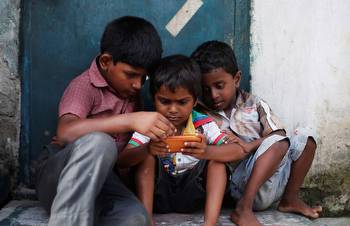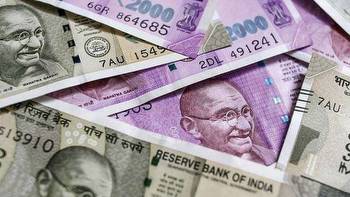Time to Remove Legal Gray Areas for India’s Online Gaming Industry, Market Analysts Say

Digital media and tech industry outlets have been piling the pressure on the government to take a serious look at online games and their regulation. Legal ambiguity threatens the industry growth, puts it at a disadvantage compared to offshore platforms and fails to protect players, experts remind.
Online Gaming Puts India on Top of Global Rankings
Online and mobile games have entered our daily lives, getting more attention in mainstream media as well. This should not be a surprise, given that the industry has seen unprecedented growth during and post-Covid, with people’s consumption habits and entertainment choices ever more digitized.
In fact, India is now the biggest market for mobile game downloads with roughly 800 million monthly installs which is almost 17% of the global total. High profile game genres like fantasy sports attract huge financing and media exposure, mostly because of cricket’s popularity in the Union. Others, like eSports have already attained the status of official disciplines at the Asian Games, with related increases in sponsorships and mass appeal.
Many players start with casual games like Candy Crush or Ludo King before moving onto online casino or other paid multiplayer games. Out of the estimated 420 million gamers, studies show, about a third opt for real-money genres in their free time. Some even do it for a living.
What is surprising, in the end, is that no sensible regulations and public attention is given to the online lottery India loves so much. Government-run legal lotteries are the biggest real-money market in the country, with more than half of the states organizing their own draws.
In all of this, the most popular game of chance is totally neglected when it comes to legal and consumer protection standards. At best, it is lumped with horse racing or poker platforms, which have substantially different kinds of business models and regulation needs.
Online gaming executives want to pass through a clear message: India has a unique chance to stand tall on the global gaming board. It has the tech support, development talent and the huge domestic market to rely upon. It only needs the legal clarity of mature markets that eliminates the stigma from legitimate operators and defends the industry from unfair offshore competition.
Legal Online Lottery Should Be among Regulation Priorities
In-depth research shows just why lottery should be prioritized when it comes to national legal standards – as much if not more than other online games. State lotteries are the only legitimate real-money available to millions of desi players, be it online or through local retailers.
At one point, industry statistics showed 10 lakh people employed by lottery schemes for a living. The sector’s economic returns ranged from Rs 35,000 to Rs 50,000 prior to GST introduction, without even counting the taxes earned from player winnings. These public finances, in turn, go into public welfare projects and other spill-over local or state benefits.
After 28% GST was imposed nationwide, the legal lottery industry suffered nationwide setbacks, with sales dropping to a third of their previous levels. High ticket prices channeled many to offshore and mobile lottery platforms, especially those giving access to famous foreign jackpot schemes.
Nurturing India’s legal lottery segment is one of the ways of keeping these funds in the country and promoting the growth of domestic digital gaming. Passing sensible legislation and establishing national monitoring boards is the way forward for the sector, experts point out.







































